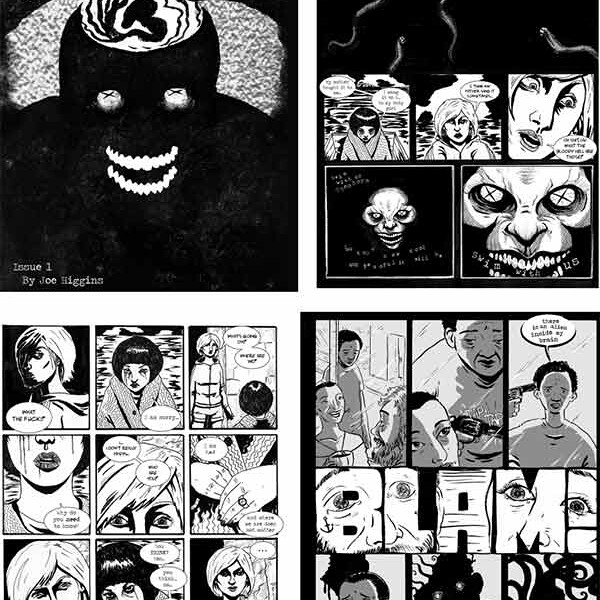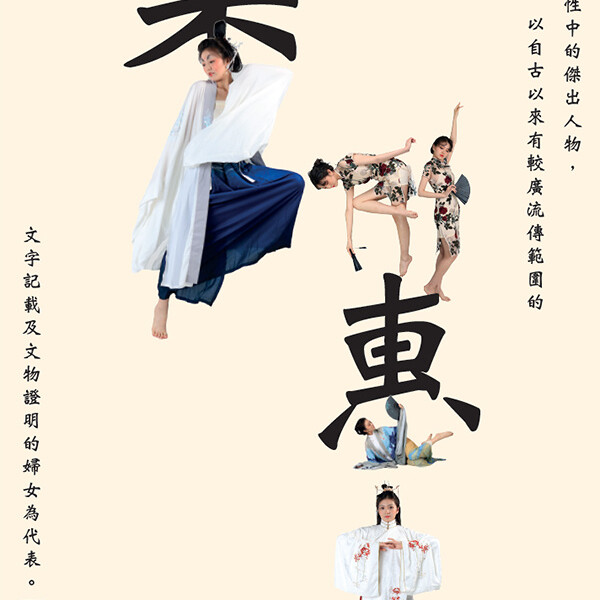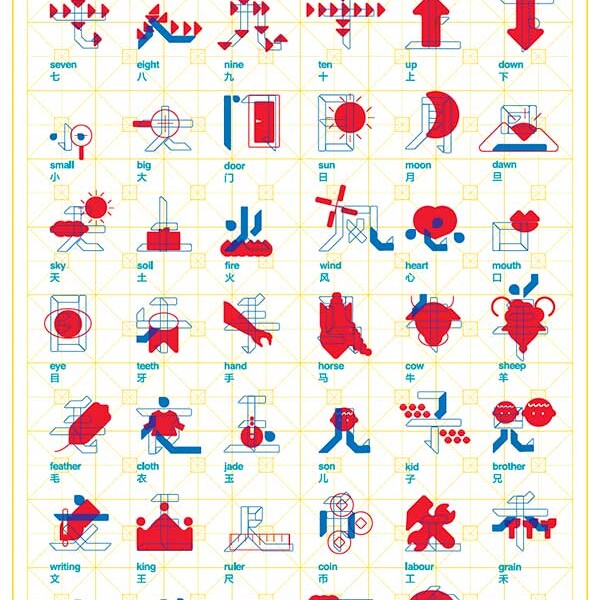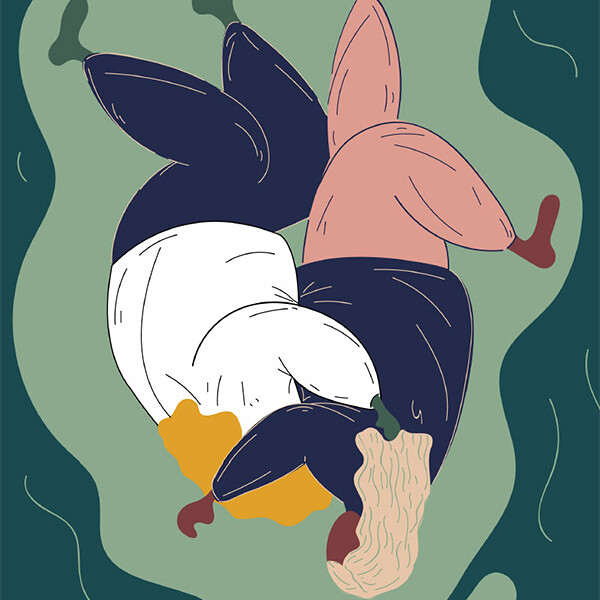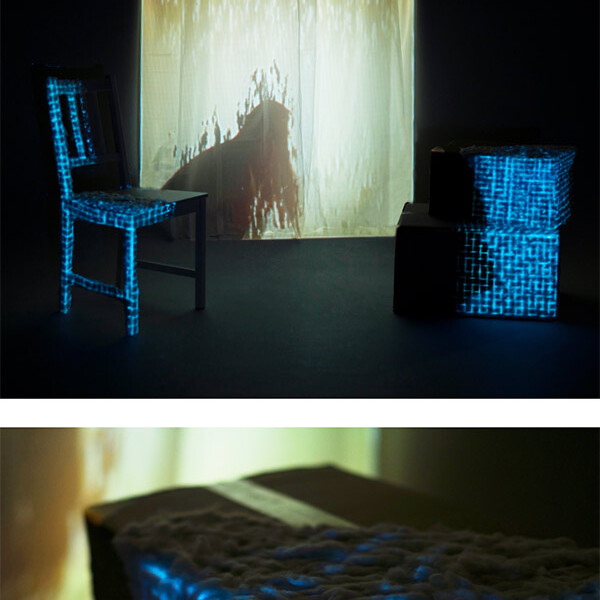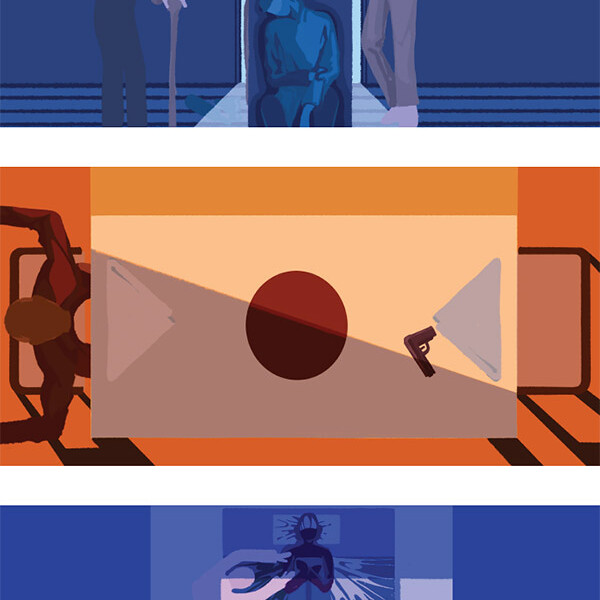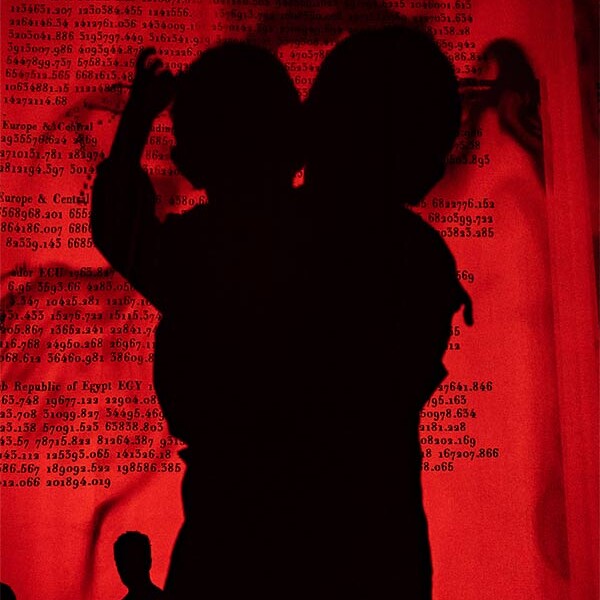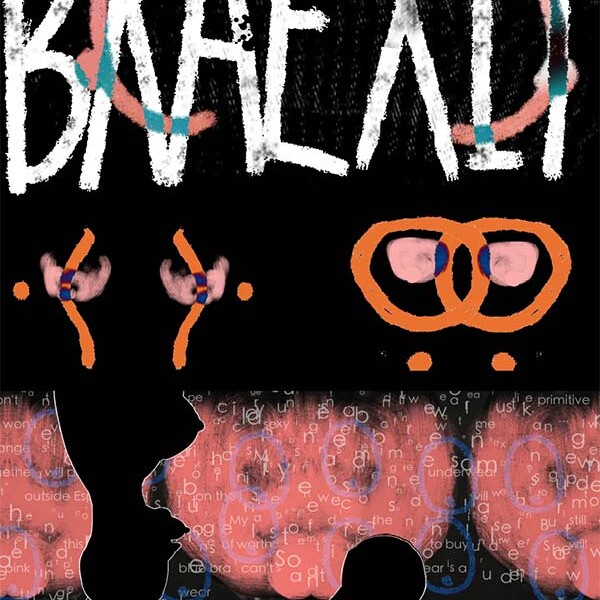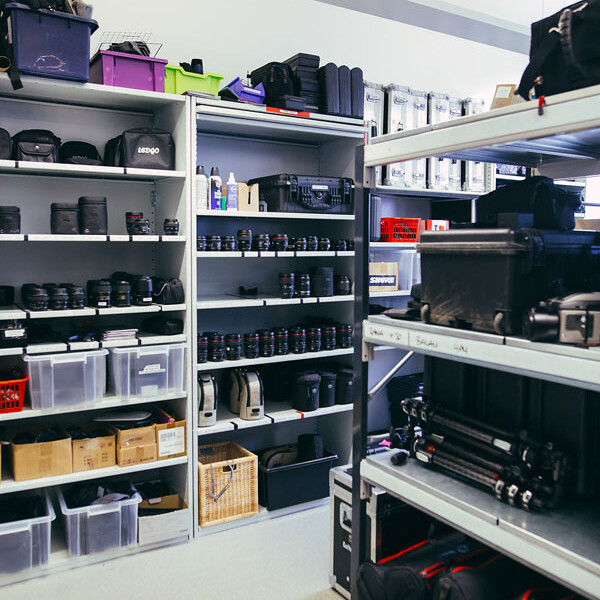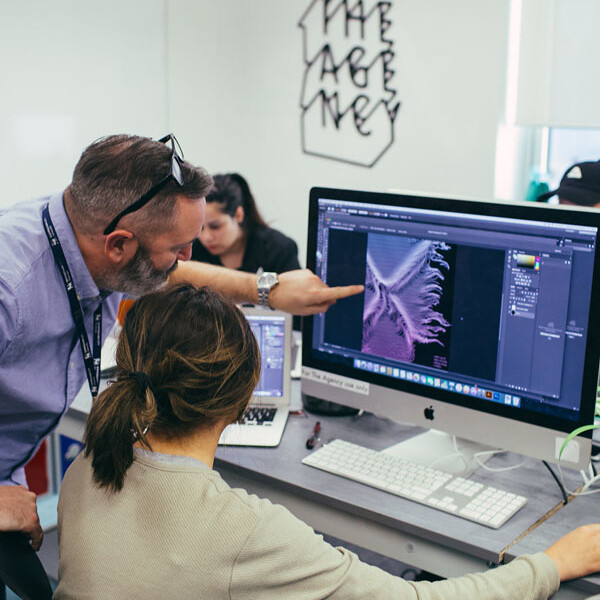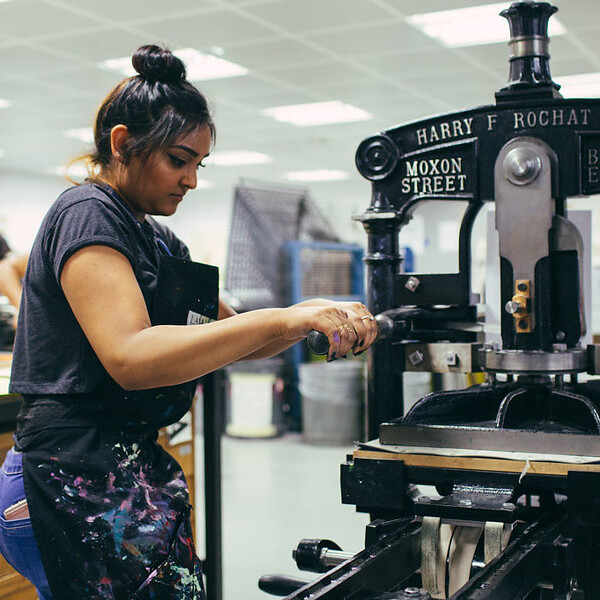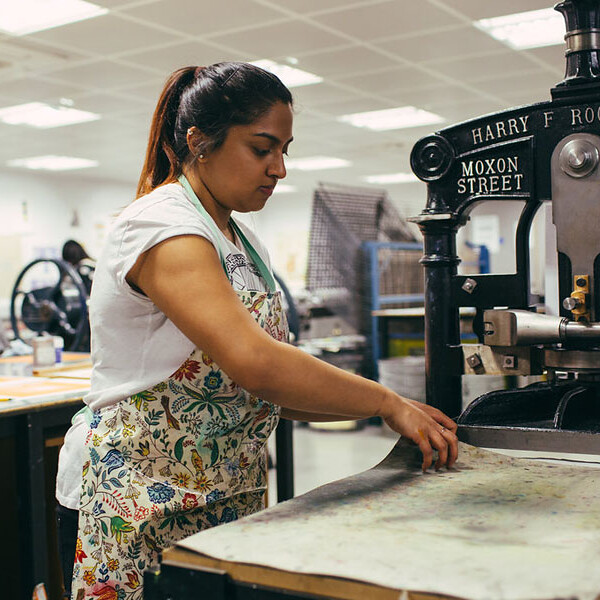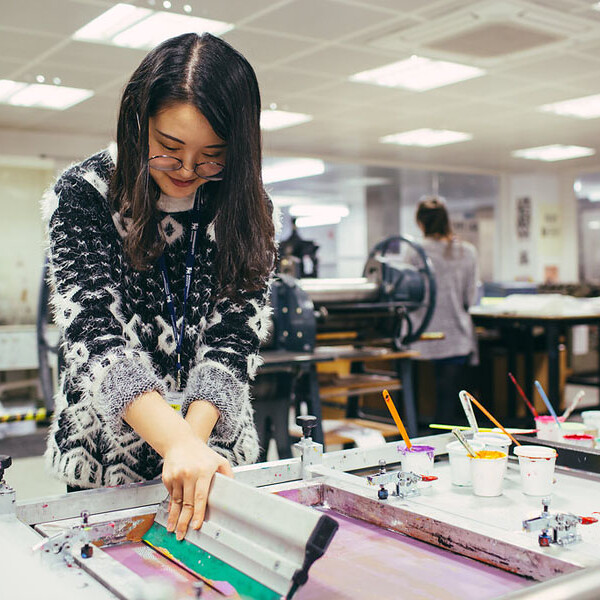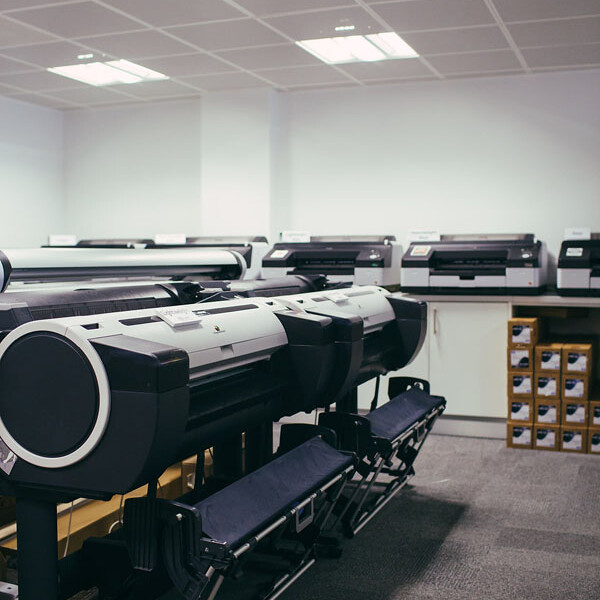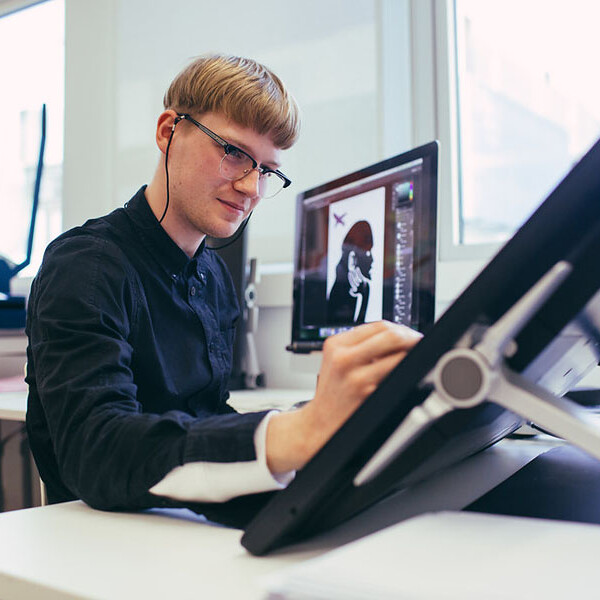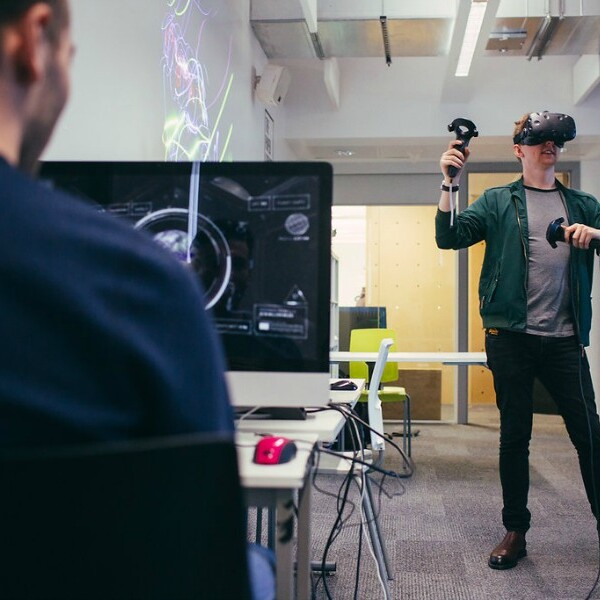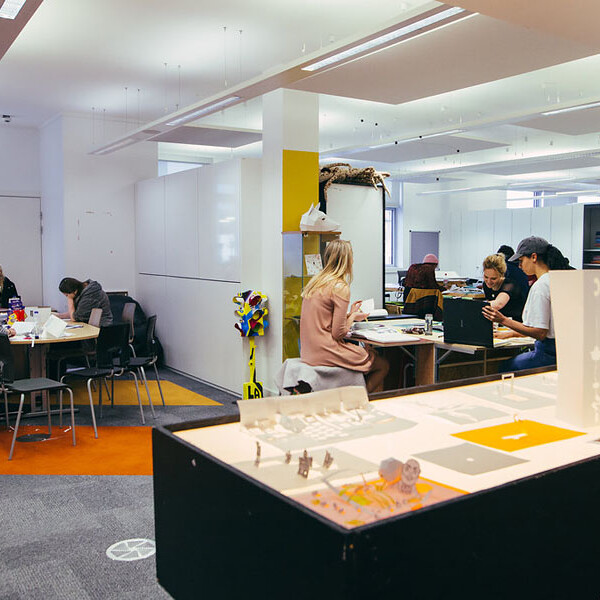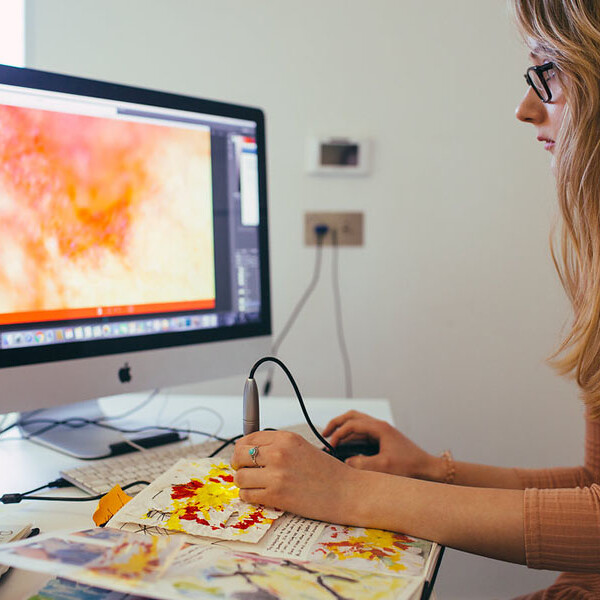
Visual Communication - MA
Currently viewing course to start in 2025/26 Entry.
Visual Communication at BCU is a dynamic and progressive course, that challenges the way we look at images and text in a present-day context. The world is saturated with visual stimulus and our students are trained to navigate through this, finding ways to impart new information, through graphic design, typography, moving image, illustration and photography....
- Level Postgraduate Taught
- Study mode Full Time/Part Time
- Award MA
- Start date September 2025
- Fees View course fees
- Subject
- Location City Centre
This course is:
Open to International Students
Overview
Visual Communication at BCU is a dynamic and progressive course, that challenges the way we look at images and text in a present-day context. The world is saturated with visual stimulus and our students are trained to navigate through this, finding ways to impart new information, through graphic design, typography, moving image, illustration and photography. Students on the course are adept at communicating through visual language.
Staying ahead in an ever-changing field requires embracing technological advances; you will learn to employ the essential knowledge and skills needed for the new emerging creative industries, and you will be expected to explore, experiment, and push the boundaries of design and image making, whilst being part of a mature and relevant course that has existed for over 50 years.
You'll have the chance to learn in our studios and workshops, as well as with our partnerships, with organisations, and industry. You will be involved in learning, teaching, researching, and demonstrating professional development within visual communication.
What's covered in this course?
Learning will be achieved through the development of a critical understanding of practice. You will be taught methods that will cover both theory and practice, the key to understanding advanced practice-based principles. As you develop you will establish evaluative criteria and learn how to apply this knowledge to practice.
Because Visual Communication has broad scope, (e.g. lens based, time based, narrative based), you will be encouraged to specialise in one of the following areas, all under the single named award of MA Visual Communication: MA Visual Communication (Graphic Communication), or MA Visual Communication (Illustration). These alignments have been one of the main attractions of applicants to this course.
As a creative practitioner you are inspired to create and engage with industry, this can be through live briefs or collaborations, this will allow you to develop specialist knowledge in graphic design and illustration. The course provides an immersive learning experience for both advanced practitioners and recent graduates within the field of visual communication.
We place emphasis on internationalisation as a proportion of our students come from overseas and we value the richness and diversity of cultural knowledge that this brings.
Why Choose Us?
- Here at BCU, your knowledge will develop, you will be challenged and your creative practices will thrive. Graduates of our MA Visual Communication course have produced meaningful work that is ground breaking within the creative industries.
- Our Masters graduates have located themselves across the globe, including Shanghai, Spain, Malaysia, London, Hong Kong, Birmingham, India, Kuwait, Thailand and Taiwan to name a few. We are a truly global MA course.
- You will be supported by a high-profile group of practitioners, theorists, academics and professionals in the creative and cultural industries who will enable you to realise your potential.
- Our involvement with the visual arts, culture and institutions extends to staff and students exhibiting in major venues such as The REP, The Ikon Gallery, The Venice Biennale, The Hong Kong Design Institute and the Shanghai Biennale, and working in community-based art initiatives across the world.
- Our Masters graduates have located themselves across the globe, including Shanghai, Spain, Malaysia, London, Hong Kong, Birmingham, India, Kuwait, Thailand and Taiwan to name but a few. We are a truly global Master course.
- Part-time option: Unlock your career potential with our flexible part-time route which lets you balance study with work and personal commitments. Gain specialised skills and apply them in real-time, enhancing both your academic and professional growth. Part-time mode allows you to go at your own pace, with financial stability and networking opportunities to propel you forward.
Similar Courses
OPEN DAY
Join us for an Open Day where you'll be able to learn about this course in detail, chat to students, explore our campus and tour accommodation. Booking isn't open for this event yet, register your interest and we'll let you know as soon as booking goes live.
Next Event: 28 June 2025
Entry Requirements
Essential requirements
Applicants are normally expected to have a minimum of a 2:2 honours degree, or equivalent, in a closely related subject, or professional experience.
As part of your application please:
- Highlight any competition entries and live projects, exhibitions, collaborations (if applicable).
- Highlight any evidence of industry experience (if applicable).
- Produce an essay or other written assignment, which demonstrates your ability to conduct research related to art and design and shows your knowledge of historical or contemporary creative practice.
Applicants will also need to submit a good portfolio.
Applying with international qualifications
See below for further information on applying as an international student.
If you have a qualification that is not listed, please contact us.
Fees & How to Apply
UK students
Annual and modular tuition fees shown are applicable to the first year of study. The University reserves the right to increase fees for subsequent years of study in line with increases in inflation (capped at 5%) or to reflect changes in Government funding policies or changes agreed by Parliament. View fees for continuing students.
Award: MA
Starting: Sep 2025
- Mode
- Duration
- Fees
- Full Time
- 1 year
- £9,190 in 2025/26
- Full Time
- 18 months (including Professional Placement - see below*)
- £10,110 in 2025/26
- Part Time
- 2 years
- Show fees
- £1022 per 20 credits
- Year 1 - 80 credits
- Year 2 - 100 credits
Fees for Part-time students
This course can be studied on a Part-time study basis. The cost per year of study is based on credit requirements for that year.
International students
Annual and modular tuition fees shown are applicable to the first year of study. The University reserves the right to increase fees for subsequent years of study in line with increases in inflation (capped at 5%) or to reflect changes in Government funding policies or changes agreed by Parliament. View fees for continuing students.
Award: MA
Starting: Sep 2025
- Mode
- Duration
- Fees
- Full Time
- 1 year
- £18,600 in 2025/26
- Full Time
- 18 months (including Professional Placement - see below*)
- £20,460 in 2025/26
- Part Time
- 2 years
- Show fees
- Year 1 - 80 credits
- Year 2 - 100 credits
Fees for Part-time students
This course can be studied on a Part-time study basis. The cost per year of study is based on credit requirements for that year.
Application deadlines
We advise you to apply early to allow sufficient time for you to prepare to start your studies in September. Please apply by Friday 18 July to allow time to arrange accommodation, student finance and visas where required.
Late applications will be accepted where places are still available, but please note that Welcome Week begins on Monday 15 September 2025, and teaching begins on Monday 22 September 2025. International students are invited to arrive from Monday 8 September 2025.
To find out more, see our application timeline.
*Professional Placement option
The Professional Placement version of the course is optional and is offered as an alternative to the standard version of the course.
This will allow you to complete a credit bearing, 20 week Professional Placement as an integral part of your Master’s Degree. The purpose of the Professional Placement is to improve your employability skills which will, through the placement experience, allow you to evidence your professional skills, attitudes and behaviours at the point of entry to the postgraduate job market. Furthermore, by completing the Professional Placement, you will be able to develop and enhance your understanding of the professional work environment, relevant to your chosen field of study, and reflect critically on your own professional skills development within the workplace.
You will be responsible for finding and securing your own placement. The University, however, will draw on its extensive network of local, regional and national employers to support you in finding a suitable placement to complement your chosen area of study. You will also benefit from support sessions delivered by Careers+ as well as advice and guidance from your School.
Placements will only be confirmed following a competitive, employer-led selection process, therefore the University will not be able to guarantee placements for students who have registered for the ‘with Professional Placement’ course. All students who do not find a suitable placement or do not pass the competitive selection process will be automatically transferred back to the standard, non-placement version of the course.
Your portfolio might be viewed when you are not present, so make sure it is easy to use. Your name and a title on the outside will be useful, this also helps to distinguish the front from the back. Most importantly, do not worry, this is your showcase.
Portfolio Content
Be relevant, be current and show the most recent things that you have been working on. Include relevant work related to the subject area of interest. Know about the course you are applying for. Show ideas generation, experimentation and risk taking. Within your portfolio, are you able to demonstrate knowledge of the subject discipline, practitioners and individuals that have inspired you? It’s sometimes very useful to unfinished projects and on-going projects, as this is an indicator of commitment to your subject and yourself.
Think about the basics
Show examples of paintings, drawings, photographs, three-dimensional work, time-based work and anything else relevant to the area of practice. Show your web presence, social media interactions and the competitions that you might have entered.
Tell a story
Try to show one full project from start to finish with the preparatory drawings, ideas, contact sheets etc. Annotations are helpful as they show how you research and reflect on the development of your work.
Include three or four final pieces that you are able to talk about in some depth.
If you have any written work, please include this. A PDF of your dissertation is good to read.
The Sketchbook
Include sketchbooks. These will give us an understanding of how you think (through your annotations) and allow us to see the development of your drawing. (If your portfolio is digital, photograph or scan the pages from your sketchbooks and put them into a PDF).
Download our checklist to help you to complete your application.
Personal statement
You’ll need to submit a personal statement as part of your application for this course. This will need to highlight your passion for postgraduate study – and your chosen course – as well as your personal skills and experience, academic success, and any other factors that will support your application for further study.
If you are applying for a stand alone module, please include the title of the module you want to study in your Personal Statement.
Not sure what to include? We’re here to help – take a look at our top tips for writing personal statements and download our free postgraduate personal statement guide for further advice and examples from real students.
Course in Depth
Modules
In order to complete this course you must successfully complete all the following CORE modules (totalling 160 credits):
Advanced Critical Practice equips you with the essential skills and knowledge necessary for your future career. The module explores the role of effective communication in the context of your emerging design practice. You will engage with theoretical frameworks and practical exercises to develop your contextual understanding of the subject and recognise their relevance in research, development and communication of key themes and ideas.
This module introduces you to creative research methods and methodologies used in arts and design production. The focus here is on research through practice, where practice itself serves a research purpose. Through the analyses and synthesis of appropriate research tools you will deepen understanding of your own work, whilst querying what it is you might research and how you might achieve your aim.
This module develops deeper analytical and evaluative skills, promoting critical awareness within your specialism, and advancing your professional relationships through engagement with externally generated professional briefs and/or self-directed negotiated briefs.
The purpose of the Professional Project module is to enable you to undertake an in-depth and theoretically informed research project exploring an area that is of personal interest to you. This master’s module should be viewed as a first step in your professional progression rather than a final step in the degree.
In order to complete this course you must successfully complete at least 20 credits from the following indicative list of OPTIONAL modules.
This module provides an opportunity for you to apply your knowledge and skills to an external, professional brief. The brief will be ‘real’, set in negotiation with an external client/agency/community, or it may be a simulation, inspired by a typical professional scenario you might experience in a work situation. The brief will enable you to apply your discipline-specific skills broadly, collaborating with your fellow students and, where relevant, across disciplines and with other stakeholders.
Creative careers often lead individuals on unexpected journeys, traversing diverse paths. Recognizing and seizing opportunities becomes pivotal in shaping a fulfilling portfolio career - one that harnesses your creative abilities while sustaining your livelihood. Whether you’re crafting artistic artifacts, performing, providing services, or offering consultancy, the art of promoting and pitching ideas lies at the heart of an independent, entrepreneurial journey.
Central to this experience is a 70-hour work placement, which you can complete either in a concentrated block or spread out over the duration of the module. During this placement, you’ll have the opportunity to develop your professional attributes and subject-specific skills. To closely align with real-world job market conditions, you should expect to prepare a current and relevant CV, attend interviews, conduct research in order to source your own placement.
Support will be available from academic staff and the ADM Careers+ service to assist you in securing your placement.
Core modules are guaranteed to run. Optional modules will vary from year to year and the published list is indicative only.
Download course specification
Download nowCourse structure
Our MA in Visual Communication course is delivered over one year for full-time students. You will study for three semesters, each semester takes place over a 15 week period.
The processes of design thinking - research, analysis, evaluation, creativity, craft and production - across all specialisms within visual communication are central to this course.
You'll have the chance to learn in our Research & Development labs that we've developed as a result of our partnerships with organisations, practitioners and industry. The labs allow you to take part in learning, teaching, research, innovation and professional development within visual communication.
Learning will be achieved through the development of a critical understanding of practice. You will be taught methods that will cover the systematic analysis of media and practice, and the determining of key and advanced practice-based principles. You will establish evaluative criteria and learn how to apply your knowledge to practice.
Here at BCU, we aspire to make you feel comfortable by encouraging a sense of community. We use one room for all meetings and teaching, to offer space for lectures and workshops as well as group work. We strongly believe that the support of a learning community will encourage you to take risks and be innovative in your work.
As a Master's student you will engage with external associates and develop strategies that will aid in the implementation of your research and craft skills, and of your knowledge and practice.
A team of committed, enthusiastic and experienced staff deliver the programme. In addition, we welcome external academics, creative practitioners and other in-house staff that will provide you with a wealth of industry knowledge, research opportunities, skills and influence.
Once you have established your specialist area of visual communication, you will receive specialised support from expert individuals within the School.
Classroom activities
Classroom activities will include critical writing workshops, research development activities, micro projects, case studies and student lecture presentations.
Student stories

Lorentz Gullachsen
A photographer who has shot internationally for over 25 years. He has won many awards for his work including the Association of Photographers' Gold, multiple Design and Art Direction (D&AD) awards for photography, as well as winning at the London Photographic Awards and the Sun Awards.
Employability
Enhancing Employability Skills
This course enables you to develop your practice within the field of visual communication. You will do so through a range of reflective learning methods that will enhance advanced subject knowledge, developing your creative and innovative thinking, critical awareness and analytical practice. You will gain a comprehensive understanding of techniques applicable to your own research and advanced scholarship.
You will establish a deep and clear understanding of how meaning is constructed with visual communication, across a range of media. You will acquire the skill and knowledge to produce meaningful and creative visual work within your own specialism.
The course will encourage you to challenge yourself, exceed your boundaries and produce work that is original, and significant. You will develop as a creative individual equipped not only for a career in your specialism, but with transferable skills which will benefit a whole range of professional contexts. Through research theory and practice, you will develop new knowledge that will pave the way for imaginative visual communication research. You will be able to engage directly with industry, with the possibility of collaborations, much like recent graduate Diane Maybey. Diane published work in partnership with Birmingham Children's Hospital. She also produced an environmental therapeutic illustration for CAMHS Leicester Partnership Trust and is currently studying her PhD, researching into Therapeutic Storytelling.
Placements
While placements are not a compulsory aspect to this course we will encourage you and expect you to continuously engage with external associates such as practitioners, employers, clients and researchers. We feel that it is vital that you develop your own connections with the creative industries, expanding your network and providing opportunities for work.
Our graduates
Our graduates have gone on to work within the communication industries, both within the UK and further afield. The nature of the programme provides students with the skills to either undertake further study at PhD level, or develop careers as innovative practitioners in the industry. We have graduates working in locations across the world, applying their expertise internationally, in countries such as India, Thailand, China, Spain, Malaysia and the UK.
As a School, we are very proud of the professional creative practitioners that we produce, and we stay in contact with our graduates. More than half of our graduates have recently become employed within a visual communication company at senior or mid-management level, with others working freelance, starting their own businesses, taking on further placements or progressing to PhD level.
Facilities & Staff
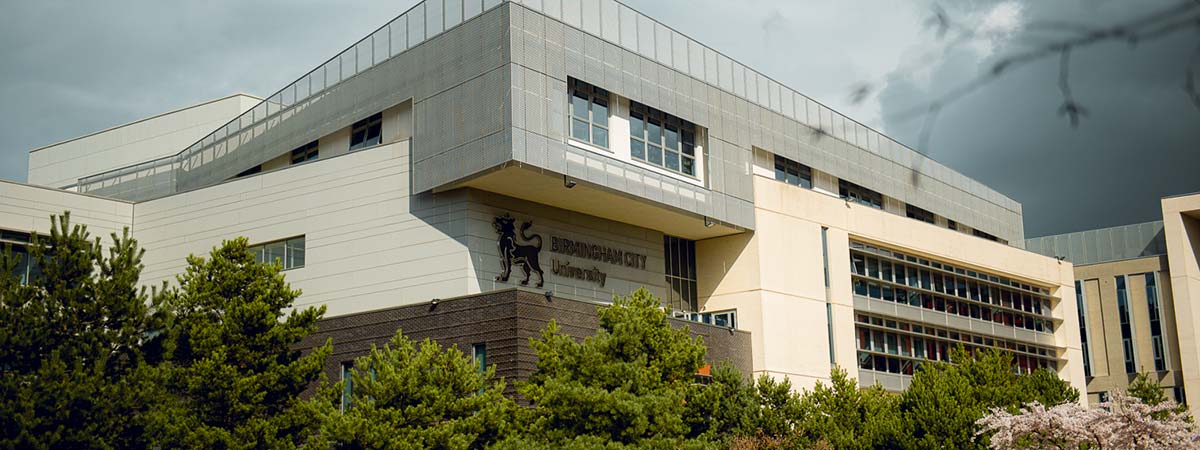
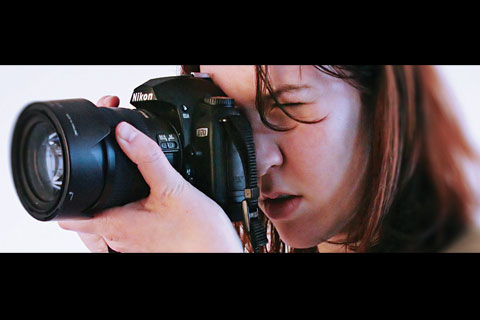

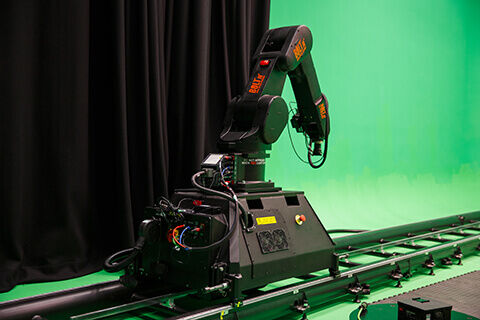
Our creative degrees are housed in the state of the art £62 million Parkside Building, part of our City Centre Campus.
We offer extensive studio and workshop space and cutting-edge equipment such as Vicon 3D (an external tracking motion capture facility) and Gypsy (an exoskeleton-based motion capture system). Both of these systems extend the possibility for production of 3D animation and films.
We offer cutting-edge provision such as digital print centres and Sonny Ross became the first Arts, Design and Media student to master the art of the RISO machine. He has since used this to produce many successful RISO publications including “Rojo & Baxter” which has been a success at various zine and book fairs across the country.
The Parkside Building also offers:
- exhibition space
- digital and analogue photographic facilities and studios
- dark rooms
Our staff
Professor Andrew Kulman
Course Leader for MA Visual Communication and Professor of Graphic Art
Award winning Illustrator with 30 years of industry engagement. Research areas include the development of autographic print processes in contemporary graphic art practice. Andrew Kulman has taught across all three years of the undergraduate course in Illustration at BCU, has delivered lectures to several postgraduate courses and has...
More about AndrewMatt Tromans
Deputy Course Leader MA Visual Communication
Matt is an experienced and dynamic creative producer, director and writer. His areas of expertise lie in film and narrative. He has major international feature film credits and a strong track record in critically acclaimed and commercially successful cinema. Matt has worked as a producer in Europe and America, and has extensive knowledge of film...
More about MattNaomi Kent
Printmaking Technician
Areas of expertise include: Lino Printing, Screen Printing, Letterpress, Drypoint, and Mono printing
More about NaomiBecky Howson
Lecturer
Becky has over twenty years of professional experience working internationally across several disciplines; graphic design, fashion communication, textile design and interior design.
More about Becky